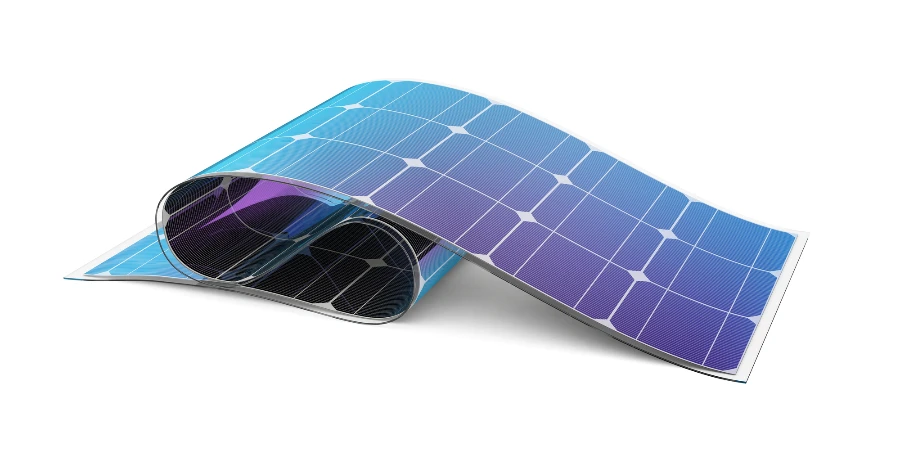Flexible solar panels are one of the most ground-breaking innovations in renewable energy technology. These are the super-thin, lightweight, durable and flexible alternatives to the regular rigid solar panels, promising nothing but a revolution in the way the sun’s rays are converted to power. The article explores flexible solar panels in detail, breaking down the factors that matter most to users: how they work, their efficiency, lifespan and durability, installation, cost, and applications. The article assimilates the details in a way that makes them easier to digest and understand.
Table of Contents:
– Understanding the technology behind flexible solar panels
– Evaluating the efficiency of flexible solar panels
– The durability and longevity of flexible solar panels
– Installation and maintenance: What you need to know
– Cost comparison and applications of flexible solar panels
Understanding the technology behind flexible solar panels:
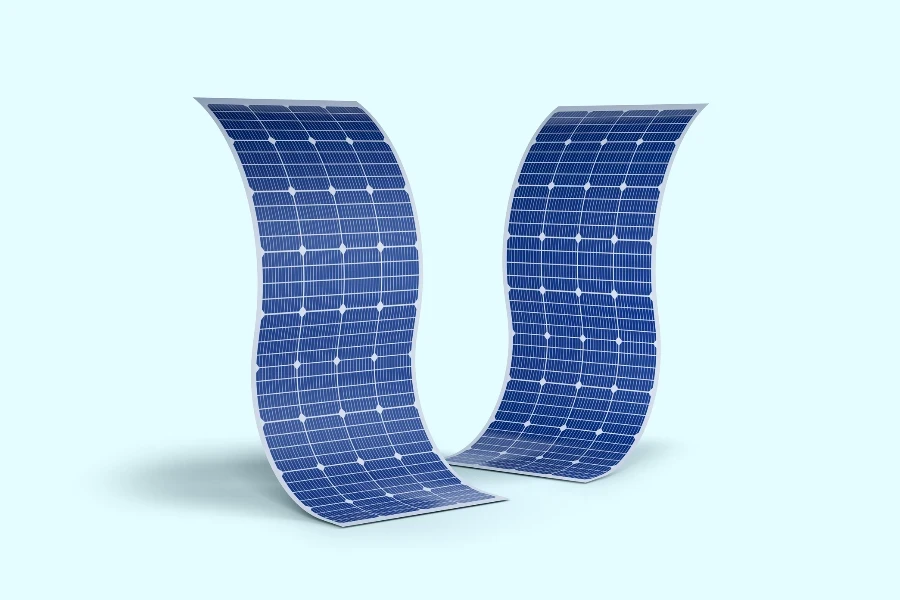
These flexible solar panels are made with thin film cells, typically made from amorphous silicon or cadmium telluride. The thinness of the materials allows them to be flexible. This section discusses the exciting technology behind the bendability of the thin film solar panels, allowing for installation in areas where traditional solar panels cannot go. From boats to backpacks, flexible solar panels are opening up new possibilities for the use of solar energy.
Evaluating the efficiency of flexible solar panels:
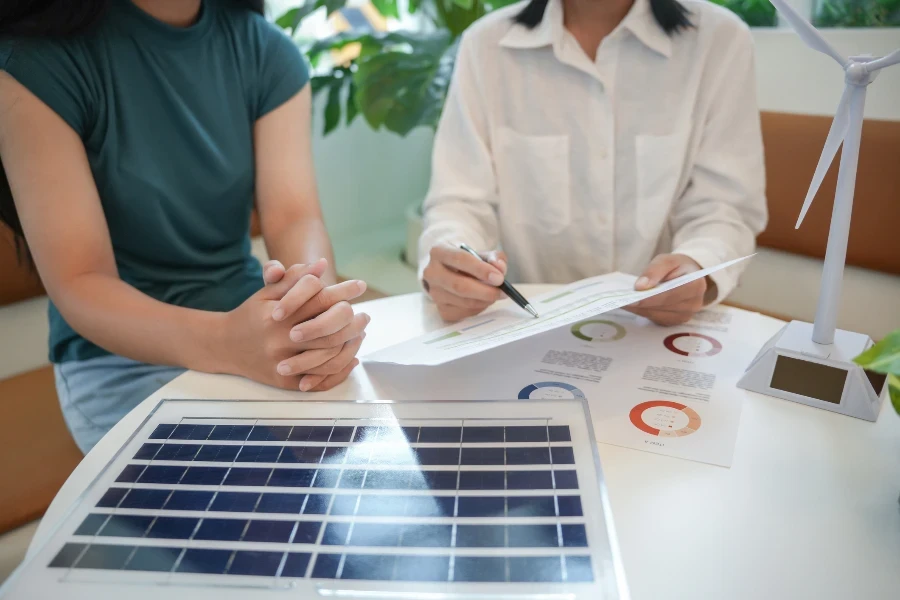
Apart from the fact that they are flexible, one of their most important factors is their efficiency. Flexible solar panels are less efficient than stiff solar panels. This is a disadvantage. However, the adaptability they offer coupled with other factors such as more sophisticated designs, could make up for this disadvantage. This section will provide more information on the efficiency rate of flexible solar panels, and examine how advancement in technology has helped to improve the efficiency of flexible solar panels. It is important for anyone considering using them for their energy needs to balance the efficiency against the practicality.
The durability and longevity of flexible solar panels:
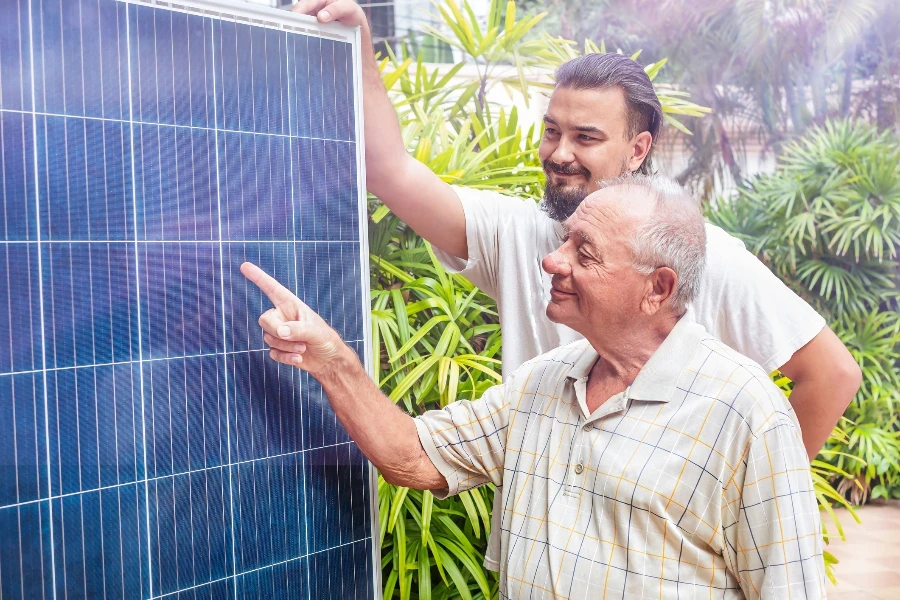
Another issue with flexible solar panels is their durability. They are thin, flexible circuits and so many people wonder whether they can withstand the elements such as wind, rain and the suns rays over many years. Here we discuss matters relating to the materials used in the manufacture of these solar cells and how this all helps the make the product more durable and ensure a better life time. We look at warranty options and what is covered by them and consider the peace of mind this would give users.
Installation and maintenance: What you need to know:
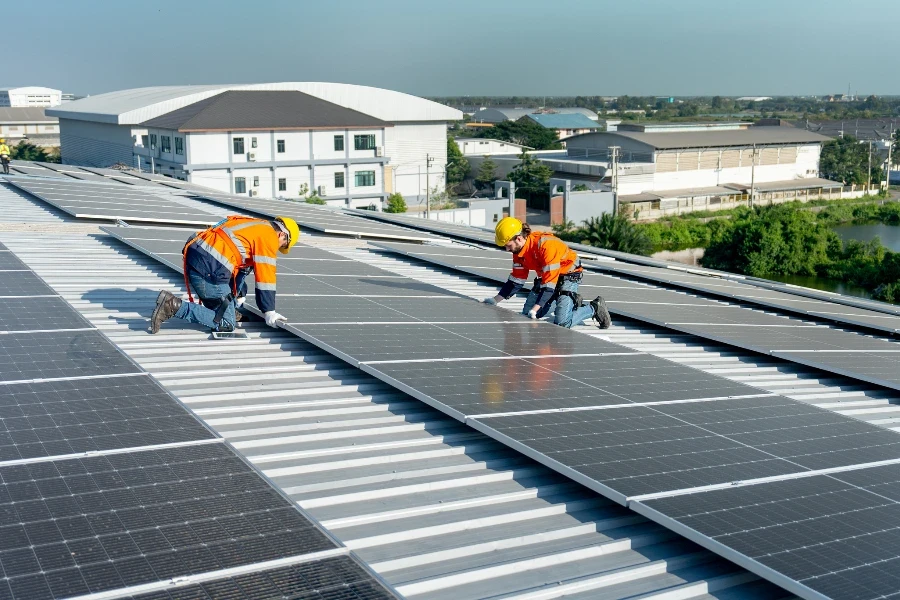
Easy installation is one of the main benefits of flexible solar panels. The following text includes some basic steps of installation process, from selecting locations to the tools needed, and minimal maintaining required. We will also learn why flexible solar panels are more convenient than traditional one, say, spending more money on maintenance in the future.
DIY is widely popular nowadays, this installation and maintaining process of solar panels will definitely come in handy for those who are reluctant to hire professionals, and also covers the detail guides for beginners.
Cost comparison and applications of flexible solar panels:
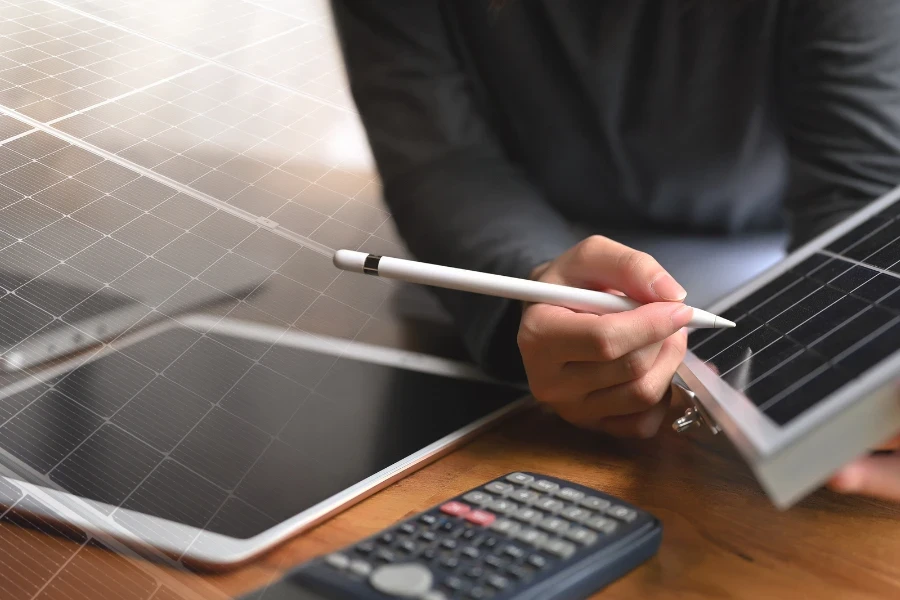
Price is an important factor, and that’s where flexible solar shines with its value proposition. Combining high performance with flexibility, this section compares upfront costs and long-term savings between flexible and traditional solar designs, factoring in the variables such as installation, maintenance and efficiency. Moreover, it identifies the potential applications of flexible solar in different sectors, demonstrating the way we could meet diverse energy requirements with versatile and unobtrusive solutions.
Conclusion:
Flexible solar panels are an important place where the technology of renewable energy has made important improvements. They are an easy-to-install, versatile system with an increasing efficiency and a progressing competitiveness that allows us to look at these panels with hope. Of course, there are some issues to consider regarding their durability and their cost, but they are overall an important step forward, with a growing number of applications and benefits. The development of technology will make flexible solar panels an important and necessary part of the energy revolution around the world.
